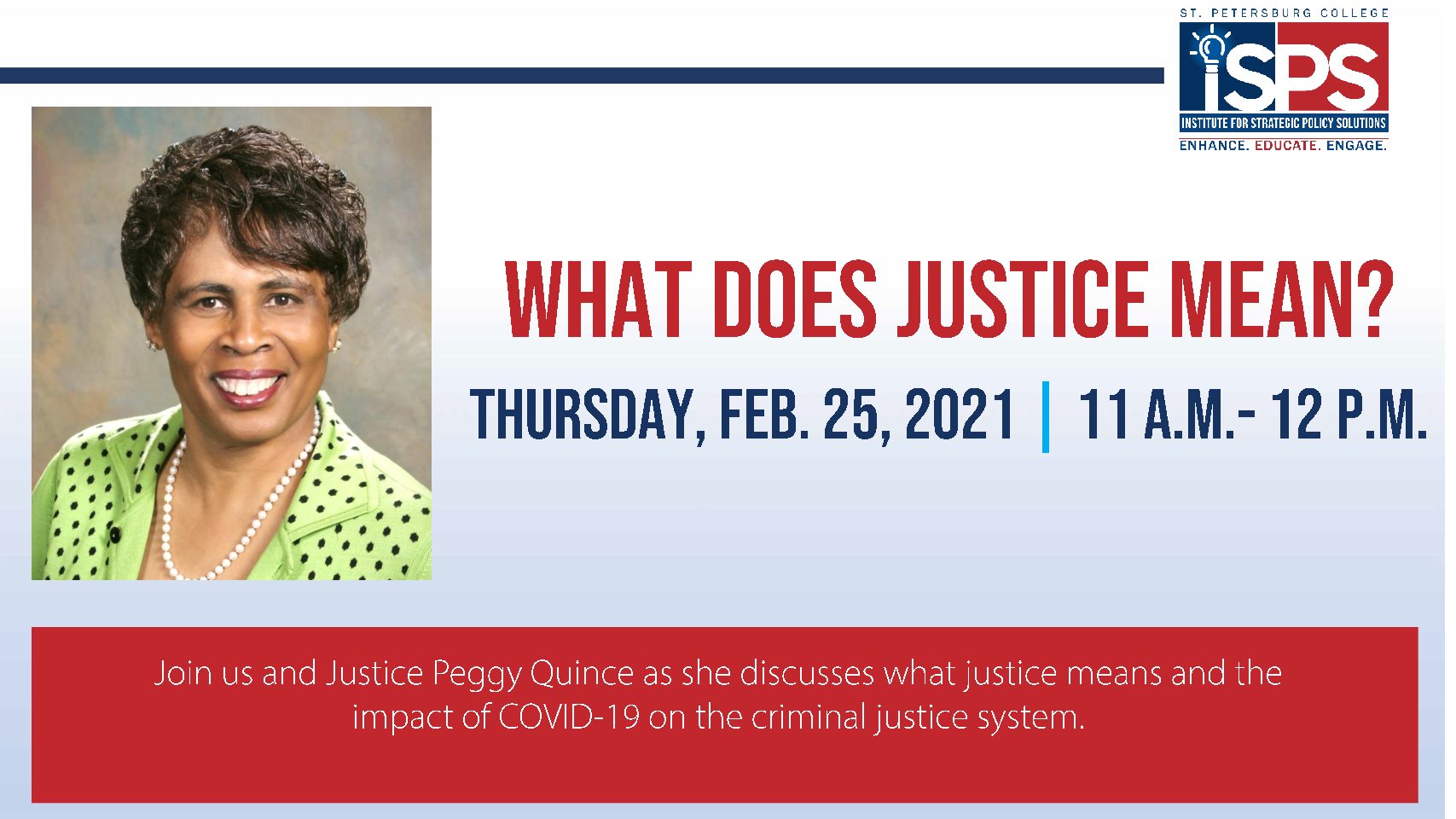Justice is a concept that resonates deeply within the fabric of human society. While legal definitions often encapsulate justice as adherence to laws, Bahá’í teachings delve into a more profound understanding of what justice embodies. This exploration transcends mere juridical terminology, inviting individuals to consider justice as a dynamic force essential for the advancement of civilization and individual moral development.
In the Bahá’í Faith, justice is not merely a set of statutes or regulations but encompasses a broader moral imperative that calls for fairness, equity, and an unwavering commitment to the truth. This perspective challenges traditional views and encourages a philosophical examination of the underlying principles that govern human interactions. By engaging in this examination, we can unveil a richer, more intricate portrait of justice.
At the heart of Bahá’í teachings lies the assertion that justice is inherently linked to the concept of unity. The Bahá’í writings propose that justice must be administered within the context of love and compassion. This notion implies that true justice cannot be realized if it is devoid of empathy and understanding. Rather than viewing justice as punitive or retributive, Bahá’í teachings advocate for a rehabilitative approach that seeks to uplift marginalized individuals and foster societal harmony.
One notable observation within the framework of Bahá’í justice is the recognition that each human being is endowed with intrinsic dignity. Consequently, justice should reflect this dignity by ensuring equal treatment and opportunities for all, irrespective of their social, economic, or cultural backgrounds. The concept of justice, therefore, transcends the confines of legality, urging society to adopt a transformative vision that celebrates diversity while simultaneously promoting inclusivity.
Moreover, Bahá’í teachings emphasize the importance of individual and collective responsibility. Justice is viewed not merely as the obligation of governing bodies or legal systems but as a profound duty of every individual. This sense of moral agency aligns with the Bahá’í principle of collective progress, which holds that the betterment of society is attainable only through the active participation of its members. Each person’s commitment to justice, in essence, contributes to the greater good and the establishment of an equitable world.
The interplay between justice and truth is another pivotal aspect of Bahá’í thought. Justice is only achievable when grounded in truthfulness. To administer justice, one must possess an unyielding commitment to discern factual realities, striving to eliminate prejudice and bias. The Bahá’í texts accentuate this connection, asserting that the pursuit of truth serves as a cornerstone for effective justice, as it divests processes from arbitrary decisions and personal agendas.
Indeed, the endeavor for justice necessitates a profound understanding of the human condition and the myriad struggles faced by individuals and communities. In this regard, the Bahá’í teachings call for a holistic approach that prioritizes educational initiatives aimed at expanding awareness and consciousness around injustice. Empowerment through knowledge and understanding equips individuals to better engage with societal issues, ultimately stimulating greater advocacy for justice.
The dimensions of justice in Bahá’í thought extend further to the acknowledgement of socioeconomic disparities. Bahá’í teachings urge for justice in the economic realm, advocating for systems that alleviate poverty and promote equitable wealth distribution. Justice is contextualized within the imperatives of ensuring that all individuals have access to basic necessities, such as food, shelter, and education. Accordingly, achieving economic equity is an integral facet of realizing true justice within society.
Parallel to these discussions, the Bahá’í teachings elucidate the significance of consultation in the pursuit of justice. Consultation encourages open dialogue among individuals, fostering a collaborative environment in which diverse perspectives are valued. This engaging process aids in dismantling barriers to understanding and attaining consensus on matters of justice. The consultative approach also serves as a reminder that justice is not unidirectional; rather, it is a continuum necessitating ongoing engagement and discourse among community members.
One cannot overlook the inspirational role of justice in fostering global unity. The Bahá’í teachings exemplify the belief that justice, when universally embraced, can serve as a catalyst for transcending divisions and building bonds among disparate cultures and nations. The pursuit of a just society, characterized by goodwill and altruism, lays the groundwork for a peaceful world, harmonizing efforts toward the common good.
In scrutinizing the profound depths of justice within Bahá’í teachings, it becomes evident that justice is painted in broader strokes than often understood. It encompasses an intricate tapestry that weaves together moral imperatives, socioeconomic considerations, communal participation, and the relentless aspiration for truth. This comprehensive vision invites individuals to step beyond conventional legal frameworks, urging them to embody justice in both thought and action.
Ultimately, the Bahá’í exploration of justice confronts us with a choice: to engage in superficial understandings or to immerse ourselves in the enriching discourse of justice that challenges us to grow and evolve. By embracing the holistic perspective offered by Bahá’í teachings, one can approach justice not merely as a term defined by legislation but as a guiding principle that can profoundly illuminate the path toward a more equitable and united world.
